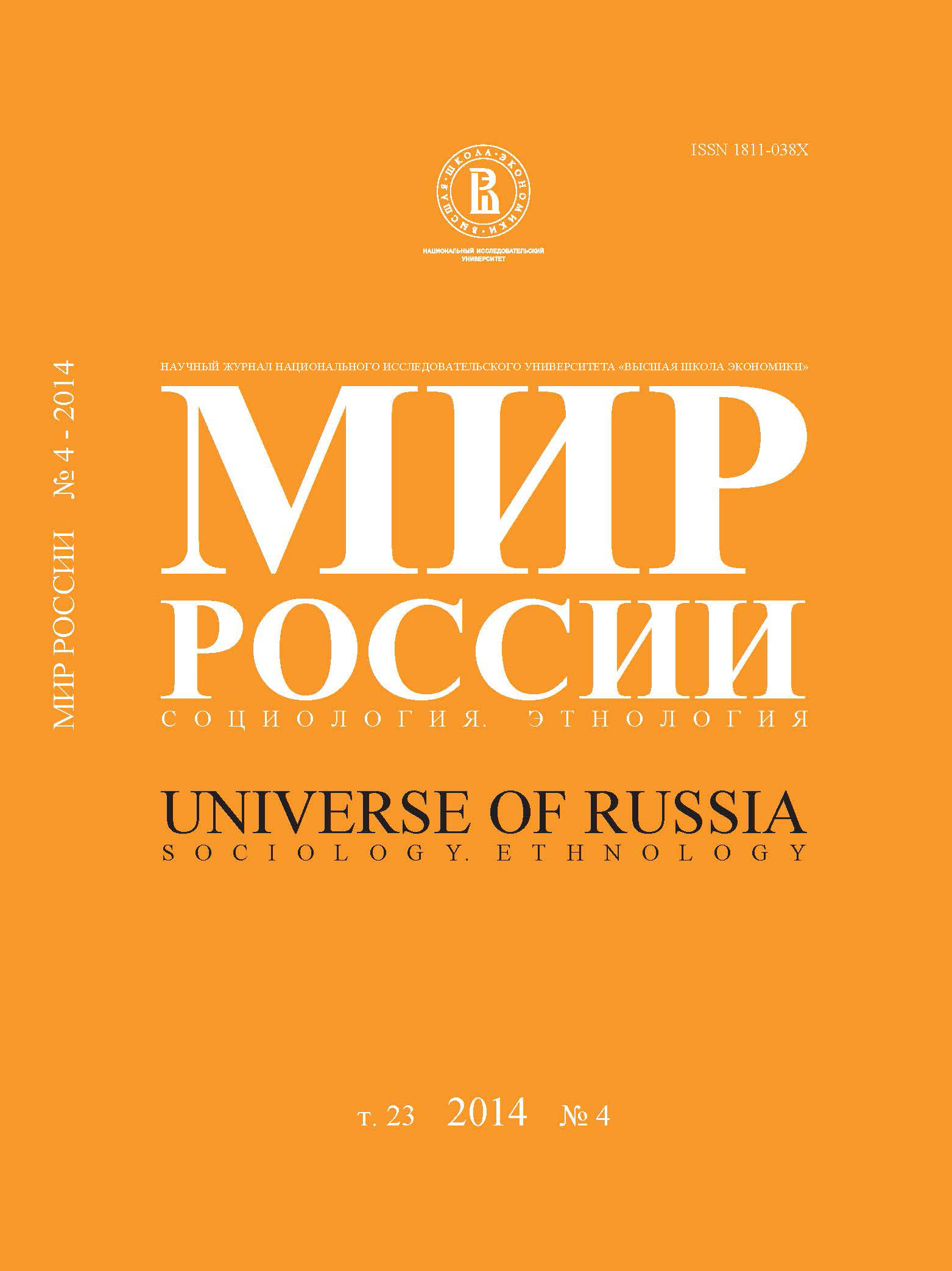‘Markets of Power’, Property Rights and Political Resource of Entrepreneurs in Modern Russia
Abstract
Sergey Levin — Professor of Department of Economic Theory and Public Administration, Faculty of Political Sciences and Sociology, Kemerovo State University. Address: 6, Krasnaya St., Kemerovo, 650043, Russian Federation. E-mail: levin.sergey.n@gmail.com
This article investigates the causes of low innovation capacity in the modern Russian economy, i.e. the inefficiency of state in implementing its developmental function, rent-seeking behavior of business, particularism of state officials towards entrepreneurs, and high levels of corruption. It is argued that this state of affairs is caused by a certain configuration of institutions, which determine the ways and means of interaction between ‘economy’ and ‘politics’. This study relies on an analytical approach, regarding the political process as a system of ‘markets for power’ (or political markets), which set the structure of property rights and the forms of access to political (power) resources for entrepreneurs.
Instead of the expected division between economic and political markets, what happened in contemporary Russia was a transformation of the Soviet administrative market into an institutional hybrid, which combines classical political markets with bargaining for certain administrative titles. It is characterized by the following features:
1) the actual merging of political, bureaucratic and economic bargaining behind their formal separation;
2) even further ‘bureaucratization’ of both political and economic transactions, and the ‘politicizing’ of bureaucratic and economic bargaining. What is implied by bureaucratization here is that competitiveness of agents in politics and business is determined largely by their position within the hierarchy of power. On the other hand, ‘bureaucrats’ and ‘entrepreneurs’ behave as politicians in the sense that they work to maximize their political (power) resource. This, in turn, leads to the ousting of traditional public politicians, who act on behalf of their voters, as well as ‘rational bureaucrats’, who effectively carry out their administrative functions. This ‘hybridity’ of the markets leads to a ‘hybrid’ system of property rights. Although formally it supports strict division between private and state property, in reality it often confuses them making them indistinguishable between each other. Under such a system, access to political resources is internalized through non-transparent social connections between politicized bureaucrats and entrepreneurs. As a result, political resource turns into a kind of exclusive right which endows its owners with certain competitive advantages. This significantly affects the behavior of entrepreneurs by reducing their incentives to invest in Schumpeterian-type (i.e. creative) innovations.
This article tests this theory on an empirical case in Cuzbass region. Particularly, it shows that the accumulation of internalized political resources serves as a necessary ingredient for the survival and development of Russian entrepreneurs. The analysis shows that under such circumstances (neo)liberal institutional changes and standard means of economic policy are expected to have low efficiency.






